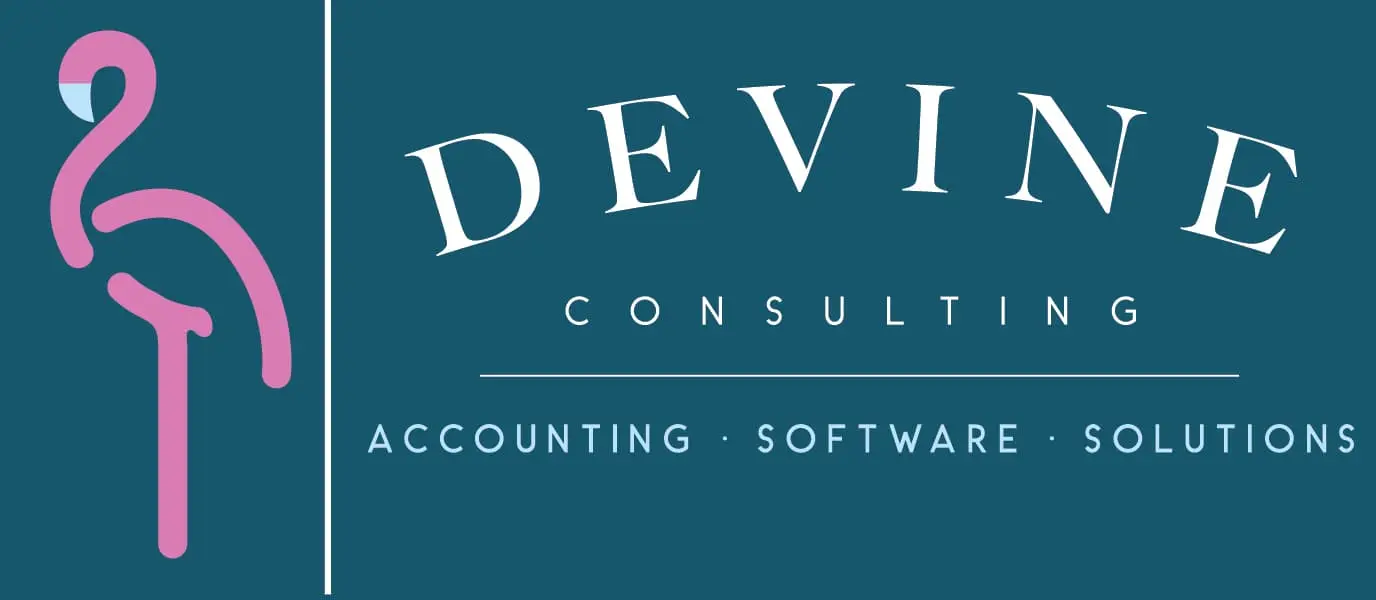But what happens when a business owner or small internal team misses a glaring error, and this self-sufficient approach suddenly becomes faulty? Without the oversight of an expert accounting team or outsourced firm, a company could miss vital accounting best practices.
Learn more about seven accounting mistakes small and growing businesses make, their impact, and how to avoid them.
1. A Lack of Organization
In accounting, where every transaction is closely scrutinized, there’s no way to accurately manage something without a clear process. If you aren’t organized, you’ll never have a grasp on what’s really going on with your records.
Proper organization includes more than just an accurate tracking system. Who do you delegate roles to? Are multiple people overseeing the same process? Or, even worse, is only one person responsible for accounting to the point that your company’s financial stability would collapse without them? These scenarios are perfect examples of little-to-no order or structure.
2. Failing to Understand Profit vs. Cash Flow
Another common error in accounting is mistaking every opportunity for lasting revenue as steady cash flow. For example, after closing a deal and anticipating a profit gain, a business owner or small accounting team might feel compelled to jump the gun and allocate too much money toward another project before receiving their profits.
While this might sound reasonable upfront, without accounting for outside factors that could affect these metrics like delays or cost increases, you could be setting your business up for failure. Of course, this is one of the many symptoms of failing to recognize cash flow as an inherently neutral observation. This metric simply describes how much money moves in and out of one’s business, while profit is what truly remains after the fact.
3. Disregarding Your Bookkeeping
While it’s not the end all be all of accounting, bookkeeping is so critical that failing to take it seriously can be detrimental. Your company needs to have every transaction recorded and categorized, no matter how small it is. Having someone in your corner to analyze the numbers and give you a crystal-clear view of your company’s health is essential.
Much like in accounting, several common bookkeeping mistakes prevent businesses from reaching their fullest potential, like:
- Incorrectly Categorized Expenses
- Neglecting Sales Tax
- Poor Communication
- Not Having a Backup
Need bookkeeping help but are still deciding whether to commit to outsourced accounting services? Frankly Bookkeeping is the perfect option for you!
4. Failure to Reconcile Your Accounts
By cross-referencing your books with your bank account, you can avoid missing the small things and stay on top of product purchases, monthly recurring costs, and other transactions that could cause problems down the line.
No one enjoys seeing thousands of dollars in discrepancy, and instead of pulling out all stops and backtracking every move your business has made over the past few months, you can make your life easier. As you closely maintain and analyze your accounts, keep both a digital and paper record of all transactions.
5. Ignoring the Need for a Clear Budget
The average small business owner probably has a general figure in mind for any project, but without fully hashing out the details of the project’s cost, you create a recipe for disaster. Several things could happen in this scenario:
- You spend way more than intended.
- You get deep into a project only to realize you don’t have the funds to continue.
- Without a budget, too many people could either work too much or too little depending on the project.
With a comprehensive budget, companies have greater room for success without wasteful behavior.
6. Not Following a Consistent Schedule
Like having a budget, one of the proper accounting practices is following a steady schedule. Otherwise, important tasks can fall through the cracks. A good rule of thumb is to enter the most recent transactions every one to seven days.
7. Delegating All Processes to an Internal Team
Finally, the most common accounting mistake is solely relying on an internal team to manage your accounting records. For small businesses especially, the average in-house team may be great for your pockets but subpar for complex financial issues. Common errors and oversight like unknown tax deductions can be challenging for an inexperienced accountant to spot and eventually cost you money.
Alternatively, an outsourced accounting team is highly beneficial. These services can help in the following ways:
- Outsourced accountants usually employ an entire team who can cover any gaps in expertise.
- These accountants usually have the latest and greatest accounting software at their disposal, so there’s less opportunity for flubs like errors of omission.
- An externally hired team can scale with your business, so as your accounting tasks become more demanding, you’ll stay ahead of the curve.
Key Takeaways
- Many small or startup businesses take a do-it-yourself approach to accounting, but you should seek professional help when possible.
- Seven common accounting mistakes can set your business up for failure.
- Hiring an outsourced accounting service is one of the best ways to avoid devastating mistakes.
Join the Flock-Correct Your Accounting Mistakes With Devine Consulting, LLC
Stay two steps ahead and avoid costly accounting mistakes today. Devine Consulting helps you keep your finances in control. With our accounting, bookkeeping, and financial controller services, you’ll never regret outsourcing to a knowledgeable team that cares.
We’d love to build a relationship! Let us help scale your business with better accounting services.

